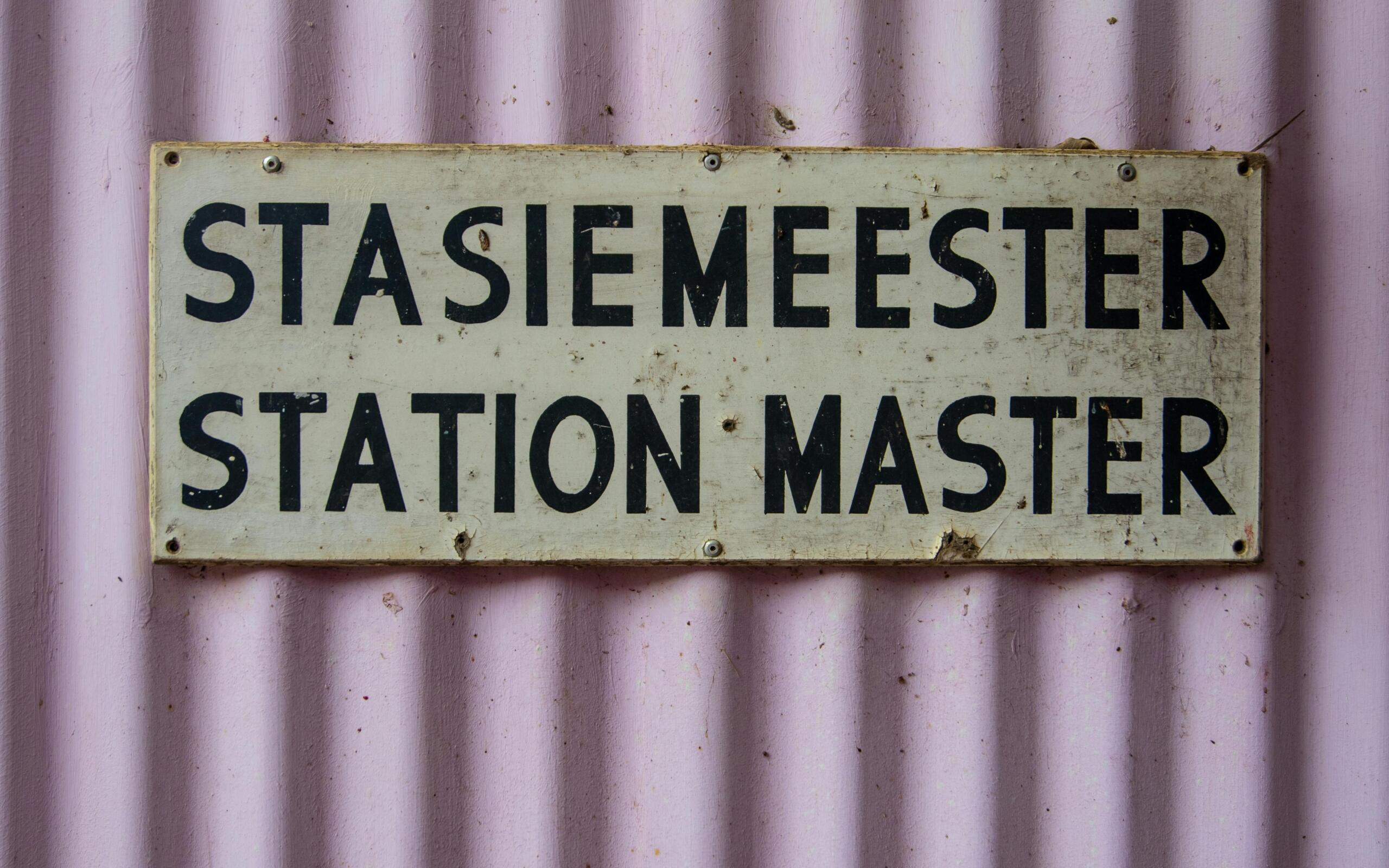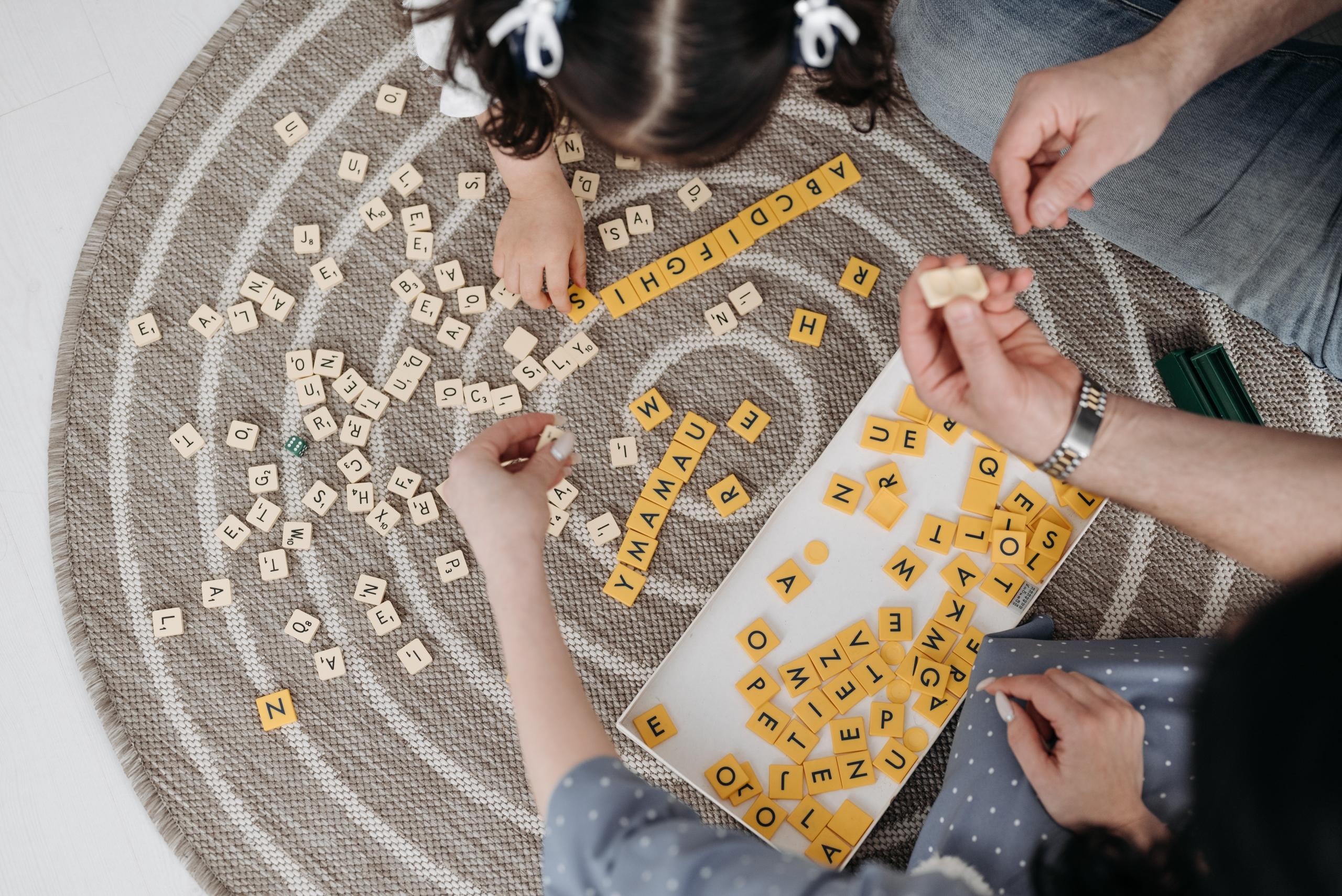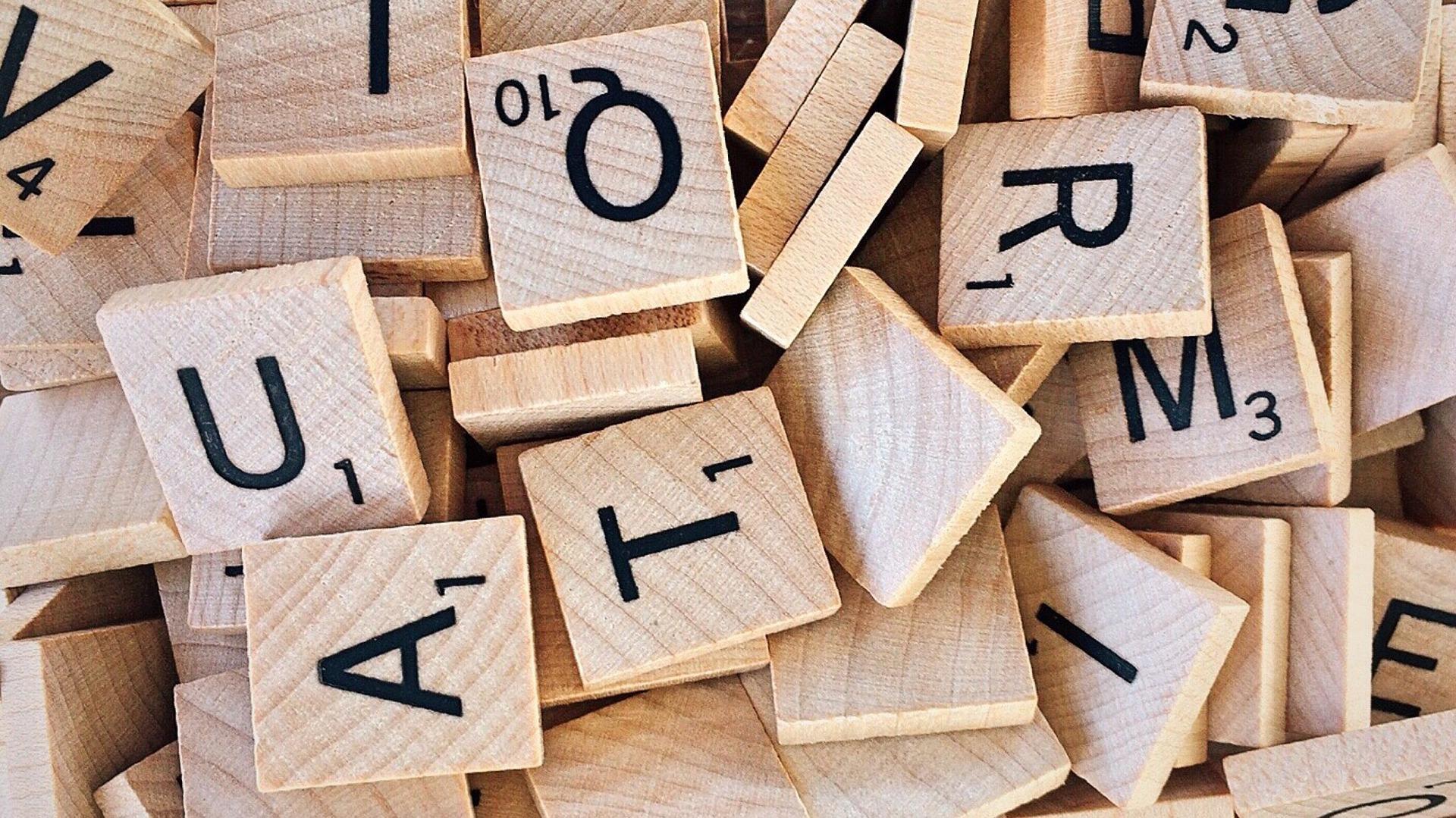If you’ve ever been in a Cape Town café and overheard a group of friends laughing over a phrase you couldn’t quite catch, or heard your child’s teacher sprinkle Afrikaans into a parent meeting, you’ve probably realised just how deeply this language lives in our daily lives. Afrikaans isn’t only one of South Africa’s eleven official languages, it’s a language that carries warmth, humour, and a rich cultural history that links families, schools, and communities across the country.
Whether you’re a student, a parent helping your child prepare for exams, or just someone who wants to connect more easily with your community, learning a few well-chosen Afrikaans phrases can make all the difference. Instead of trying to achieve fluency overnight, aim to build bridges through everyday words and expressions that feel authentic and friendly. Keep reading to find out how.

Why Learn Afrikaans Phrases?
You don’t have to be a linguist to appreciate the joy of saying something meaningful in another language. From the Boland vineyards to Bloemfontein classrooms, in South Africa, Afrikaans is spoken widely. Just knowing a few key Afrikaans sayings can make all the difference to your confidence and relationships.
Imagine greeting your child’s teacher with “Goeie môre” or thanking someone properly with “Asseblief” (which means “please” in Afrikaans). These small, thoughtful efforts show respect and connection.

Greetings and Salutations
Most of us start with the basics. “Hallo” is, of course, “hello,” but there’s something lovely about using “Goeie môre” for “good morning,” or “Goeie naand” for “good evening.”
And don’t forget the magic word, please in Afrikaans. Saying “Asseblief” softens requests and turns a sentence from demanding to polite. When your child says, “Mag ek asseblief water hê?” they’re not just asking for a drink; they’re showing good manners, the kind that teachers appreciate instantly.
Even English-speaking South Africans frequently use the word asseblief at the end of a sentence to soften a request.
When saying goodbye, “Totsiens” or “Lekker dag” works beautifully, depending on the setting. The latter literally means “Have a nice day,” but it’s also a little slice of local warmth.
Poetic Afrikaans Proverbs
Afrikaans has a treasure chest of proverbs that say so much with so few words. These Afrikaans sayings are often funny, sometimes wise, and always very South African. One of our favourites is “’n Aap kan met ‘n goue ring nog steeds ‘n aap bly,” which means that even if you dress something up, its true nature doesn’t change. It’s the local equivalent of “You can’t judge a book by its cover.”
Another gem is “Die pot verwyt die ketel dat hy swart is,” which carries the same meaning as “The pot calling the kettle black.” These Afrikaans idioms teach more than vocabulary; they teach cultural perspective. They reveal how older generations made sense of the world, often through humour or earthy wisdom.
Below is an example of one of the many Afrikaanse idiome en betekenis:
Proverb
"n Boer maak ’n plan."
(Literal translation: “A farmer makes a plan.”)
Meaning
It reflects the South African spirit of resourcefulness and problem-solving. No matter how tough things get, you’ll always find a way.
If you grew up in the Northern Cape, you might recall older relatives using “So kaal soos ‘n kraai” (as bald as a crow) or “Dis nie aldag Sondag nie” (it’s not Sunday every day) to remind you that life isn’t always easy. Remember that many Afrikaans idioms and proverbs come from farming life, where weather, patience, and hard work shaped daily experience.
Learning these is not only fun, but also a way to feel closer to the rhythm of South African life. Try dropping one into a conversation, and you’ll see eyes light up in recognition.

Calendar and Time Expressions
Understanding time words can help you stay grounded in any conversation. “Vandag” means today, “gister” means yesterday, and “môre” means tomorrow. You can imagine how useful these become when chatting about school timetables or arranging lifts to sports practice.
If your family lives in a bilingual area like Stellenbosch or Paarl, you’ll hear people switch easily between English and Afrikaans, saying things like, “Sien jou môre,” which means “See you tomorrow.” You might even find your children mixing phrases naturally, saying “Please, asseblief!” for extra effect, something you’ll hear often in homes where both languages flow freely.
Counting in Afrikaans also builds confidence quickly. “Een, twee, drie” rolls off the tongue and comes in handy during games, shopping, or homework help. And if you ever need to wish someone good luck before an exam, you can say “Sterkte!” Meaning “strength” it’s a word that carries a lot of emotional weight in South Africa.
Everyday Phrases for Real Life
English Phrases
Afrikaans Phrases
The joy of learning Afrikaans phrases is that they immediately fit into everyday life. “Hoe gaan dit?” means “How are you?” and the typical response is “Dit gaan goed, dankie.” Add “en met jou?” (and with you?) and you’re having a real conversation.
In many South African towns, from George to Potchefstroom, daily interactions weave between English and Afrikaans without hesitation. A friendly “Baie dankie” after a meal or “Lekker slaap” when saying goodnight shows appreciation and care- even when the rest of the conversation was in English, isiXhosa, Zulu or Sotho!
In classrooms, teachers often remind learners, “Luister mooi” which means listen carefully. When you respond with “Ja, meneer” or “Ja, juffrou,” you’re showing respect that transcends words.
And of course, don’t forget to say please in Afrikaans (asseblief) whenever you ask for help, especially in a classroom or café. It’s such a simple word, but it goes a long way in leaving a good impression.
Modern Slang Examples and Everyday Talk

Afrikaans is alive and constantly changing. Beyond traditional Afrikaans sayings, new expressions pop up all the time, especially among young people. If you’ve heard someone say, “Dis hectic!” or “Daai was flippen cool,” you’re already halfway there
These slang examples mix English and Afrikaans in a way that feels completely natural to local ears.
In Johannesburg schools, teenagers might say “Ek’s chilled” or “Daai was baie cool,” blending the two languages seamlessly. Meanwhile, in Cape Town, you’ll hear phrases like “Ek’s so moeg, bru” with “bru” echoing the easy camaraderie of friendship. These slang examples show how language reflects identity, energy, and belonging.
Even adults use casual Afrikaans phrases to connect. “Dis lekker om jou te sien” (It’s nice to see you) works perfectly at a community meeting or during a neighbourly chat. Language lives in the moment, and Afrikaans captures that beautifully.
Language Tips for Learners
Pronunciation can be tricky at first. The “g” in “goeie” (as in “goeie môre”) has a gentle throat sound, similar to the Scottish “loch.” The long “aa” in “baie” or “maandag” stretches smoothly and is not rushed or clipped.
And never underestimate the power of “asseblief” and “dankie.” Whether you’re saying please in Afrikaans to a waiter in Franschhoek or thanking your tutor for a lesson, these words express kindness that every South African understands.
As you practise, try writing down some Afrikaans idiome en betekenis that catch your attention. Translate them, repeat them, and use them in sentences. Before long, they’ll roll off your tongue as easily as “Howzit.”
Bringing It All Together
Language learning works best when it’s personal. Instead of memorising endless lists, try connecting words to your real life. You could label items around your home in Afrikaans “deur” for door, “stoel” for chair, or keep a small notebook of your favourite Afrikaans sayings that make you smile.
If you’re helping your child learn, make it playful. Quiz each other after dinner or during drives. See who remembers the most Afrikaans phrases by Friday. You’ll be amazed at how quickly confidence grows.
And when you’re ready to polish your pronunciation or get feedback on tricky Afrikaanse idiome en betekenis, consider working with a private Afrikaans tutor. Superprof has experienced local teachers who can help you practise naturally, whether you’re in Johannesburg, Port Elizabeth, or online from anywhere in the country.
Ultimately, by learning Afrikaans phrases, embracing colourful Afrikaans sayings, and even experimenting with a few cheeky slang examples, you’re taking part in a shared conversation that stretches across communities.
So why not start today?
Practise your greetings and your Afrikaans proverbs and idioms. Bit by bit, you’ll discover the warmth and rhythm of the language, and that’s something worth celebrating. And if you’re serious about building confidence, find a friendly Afrikaans tutor on Superprof who can help you turn curiosity into real communication.
Summarise with AI:
























